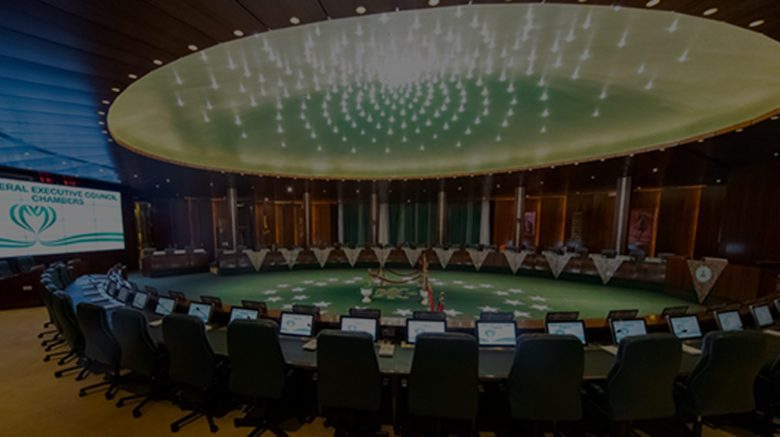Good governance, in a democratic setting, would mean that the government effectively and efficiently delivers on its constitutional duties and promises to the electorate in a fair and equitable manner. It also includes meeting other challenges that emerge in the society during the government’s tenure. And it includes government being accountable to the people and recognising the people’s right to know. Good governance is a requirement for a country’s development which means improving the society’s productive capacity, improving the people’s welfare and enhancing their freedoms.
In contemporary Nigeria, good governance would involve addressing the country’s economic stagnation and crisis, including transitioning the economy to a post-oil/commodities trajectory, ensuring security, fighting corruption and restructuring the polity, including the structure of the federation and government institutions.
In a democracy, a vibrant and constructive opposition, including opposition political parties and independent news media, are critical in ensuring good governance because they help to inform and mobilize the citizens and hold the government to account. And above all, perhaps, good governance requires a vigilant and demanding electorate.
Democracy and Good Governance

